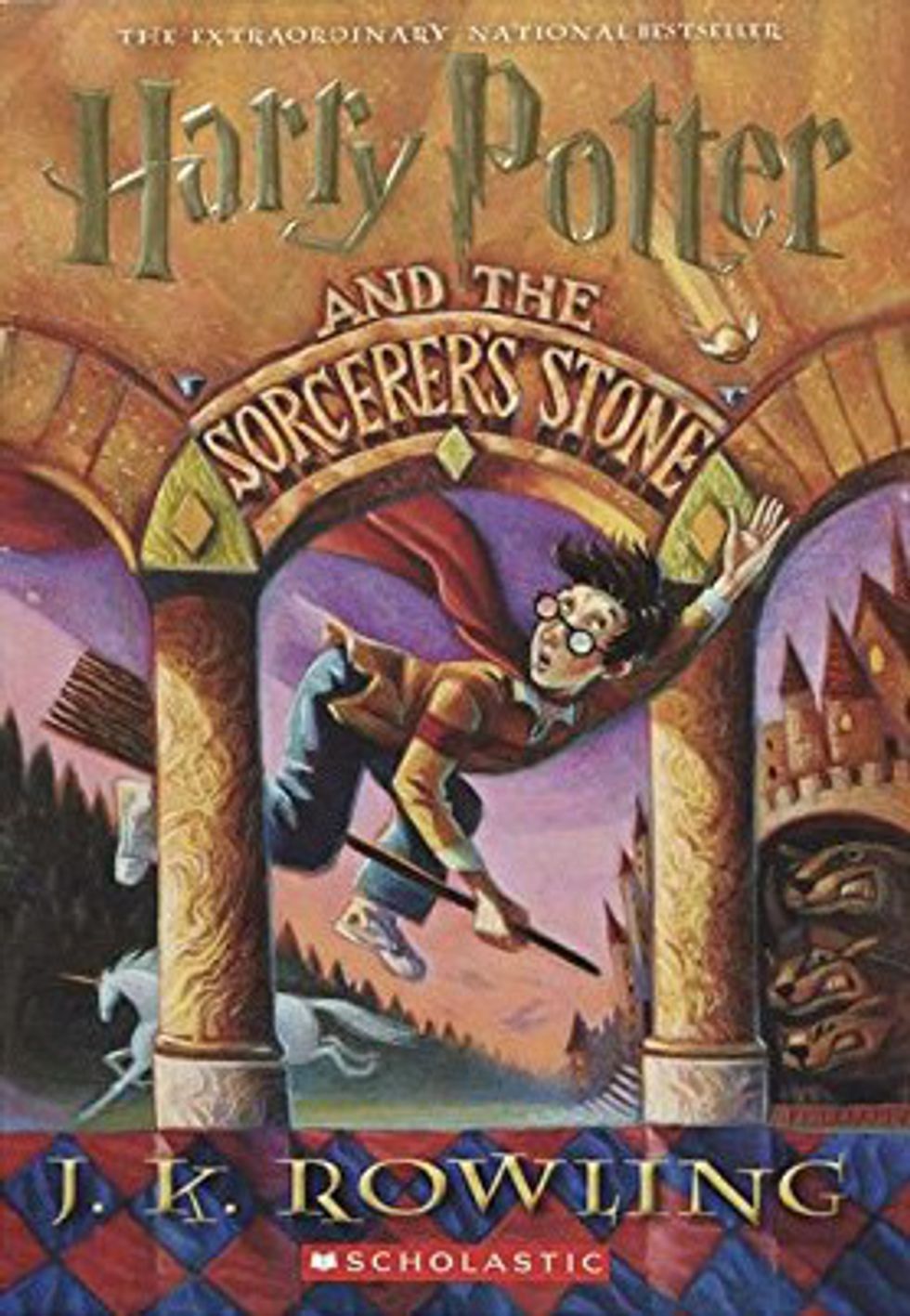March is Women's History Month and I think that calls for talking about some great books written by women. Obviously there are so many more books that deserve to be on this list, but I tried to keep it short and include a spectrum of genres and topics. Here are five books to read this March.
1. "We Should All Be Feminists" by Chimamanda Ngozi Adichie
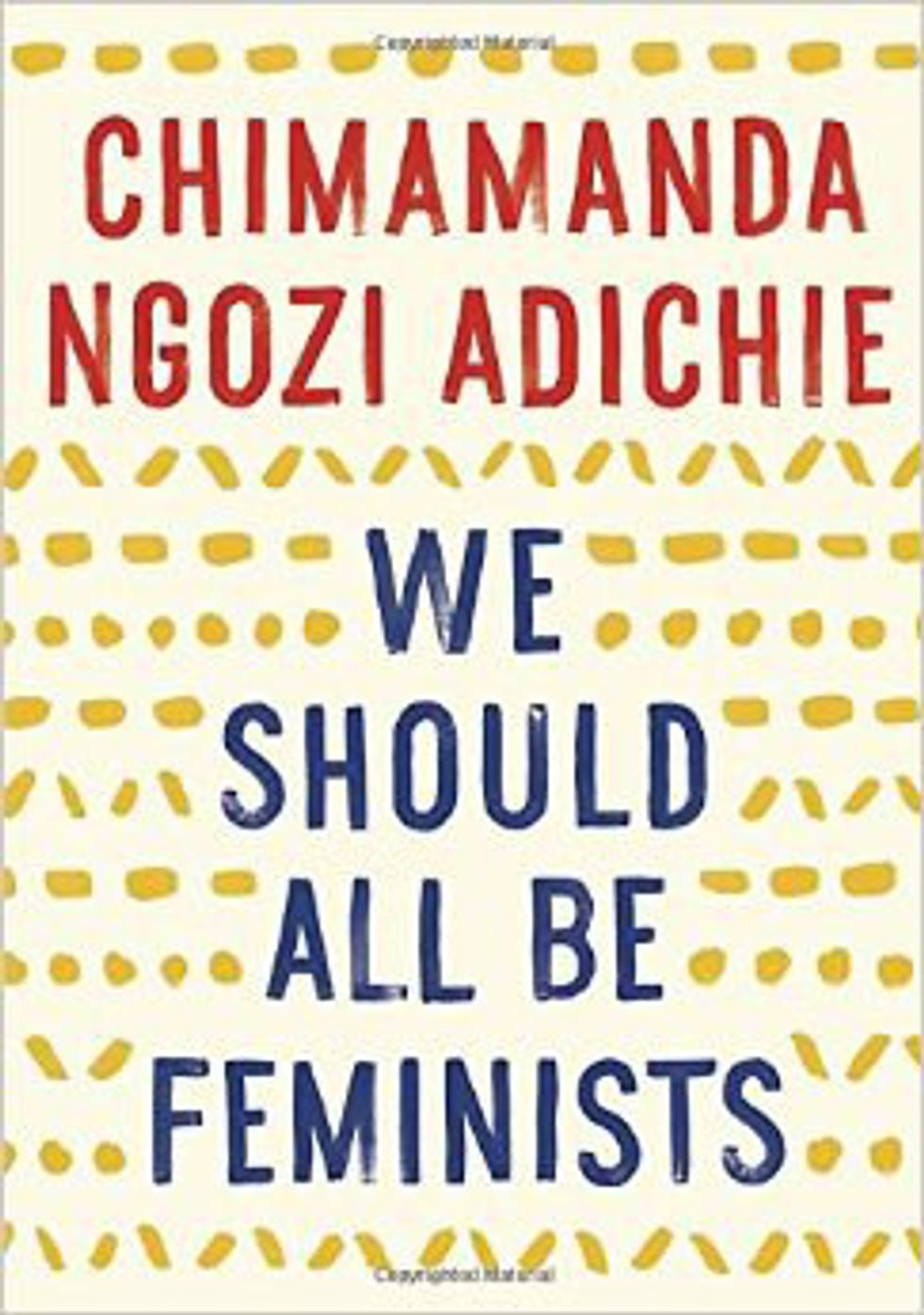
"We Should All Be Feminists" reminds me of that classic Shakespeare quote, “and though she be but little, she is fierce.” The book itself is tiny, only 48 pages, and can be read in one sitting. Its size, however, does not interfere with the important truth it speaks. The book is based on Adichie’s TEDx talk of 2012.
In her talk and subsequent book, Adichie gives readers a solid, straightforward definition of feminism today and why it is still necessary. She disputes the common myth that feminists are woman who burn their bras and hate men; she instead characterizes feminists for who they really are: people who believe in the social, political, and economical equality of the sexes. It’s an amazing read for anyone – male or female.
2. "Bossypants" by Tiny Fey
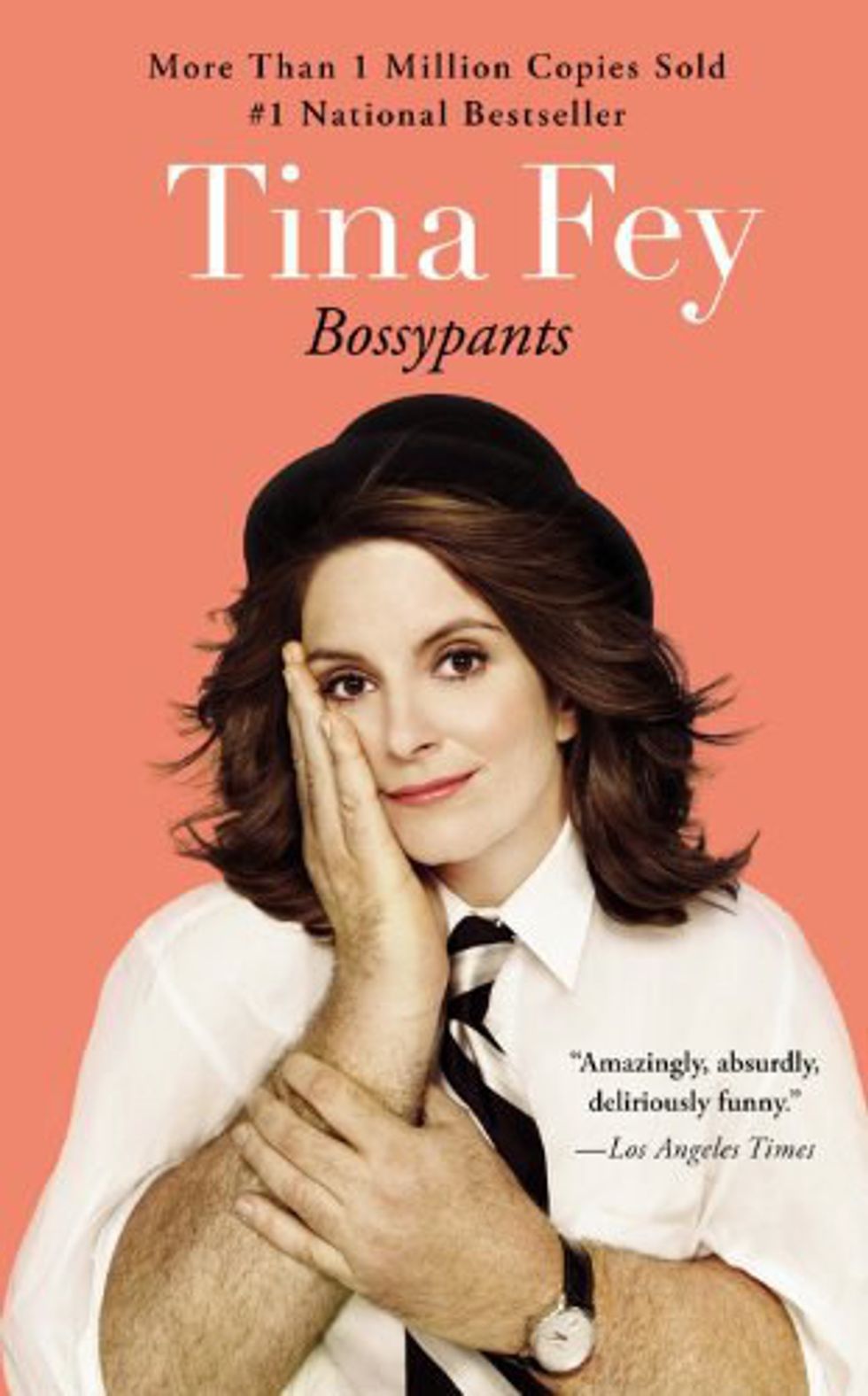
I read Fey’s autobiography a couple years ago, and it still holds a special place in my heart. Fey is not only hilarious; she’s also honest. Her humorous but truthful tone tells of her experience in the male-dominated world of comedy. She tackles issues about feminism, body image, and sexism with just enough humor to make readers laugh, but also with enough seriousness to make them think. If you like laughing and thinking, you should read this book.
3. The "Harry Potter" Series by J.K. Rowling
Maybe the diehard Potterhead in me is a little biased, but I just had to include this series. Rowling writes the female characters in her novels beautifully; they do not apologize for being smart and are given the same attention as their male counterparts when it comes to the plot. Women play various roles in the novels: mother, daughter, friend, villain, etc. Each character is fleshed out with strengths and weaknesses; even the heroines have flaws, which serves as a reminder that no one is perfect. I cannot thank Rowling enough for giving me several wonderful role models to look up to throughout my childhood (okay who am I kidding, I still want to be Hermione when I grow up.)
4. "A Year of Biblical Womanhood" by Rachel Held Evans
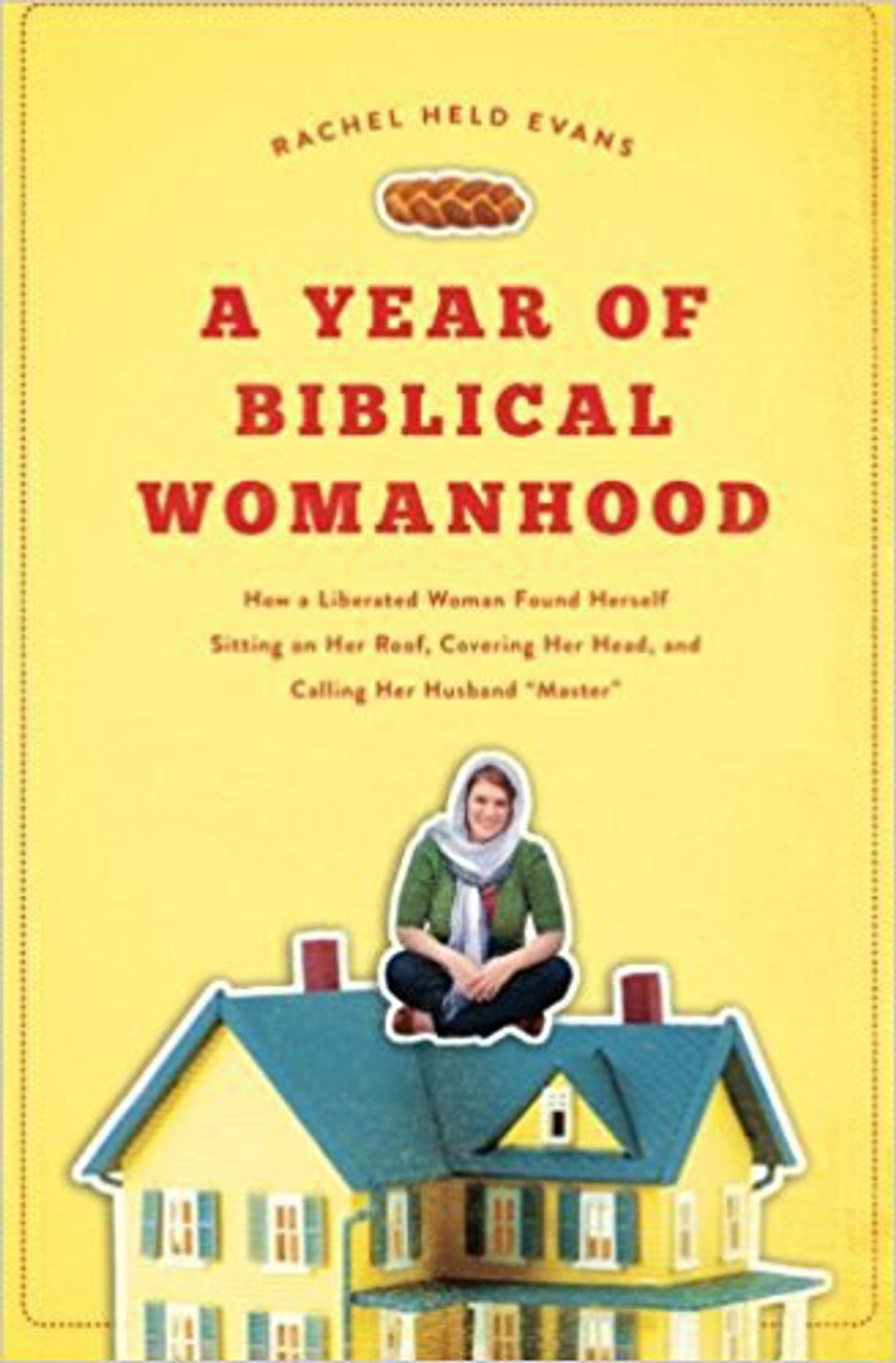
I know this book may not appeal to all depending on religious beliefs, but I wanted to include it because of how it has impacted me. The ever-present image of “biblical womanhood” is often discussed in Christian circles today and is often used make women to meet a certain expectation which may or may not be "biblical."
In her book, Evans confronts the image head on by attempting to follow the Bible’s directions for women as literally as possible for an entire year. One of my favorite things about Evans as an author (her two other books, "Faith Unraveled" and "Searching for Sunday" are great as well) is that she is open about her struggles in her faith. She never claims to have all the answers. She does not try to sweep difficult passages of scripture under the rug, but rather brings them into the open to be questioned and debated. Talking about these issues is so important and I am so glad this book exists.
5. "Little Women" by Louisa May Alcott
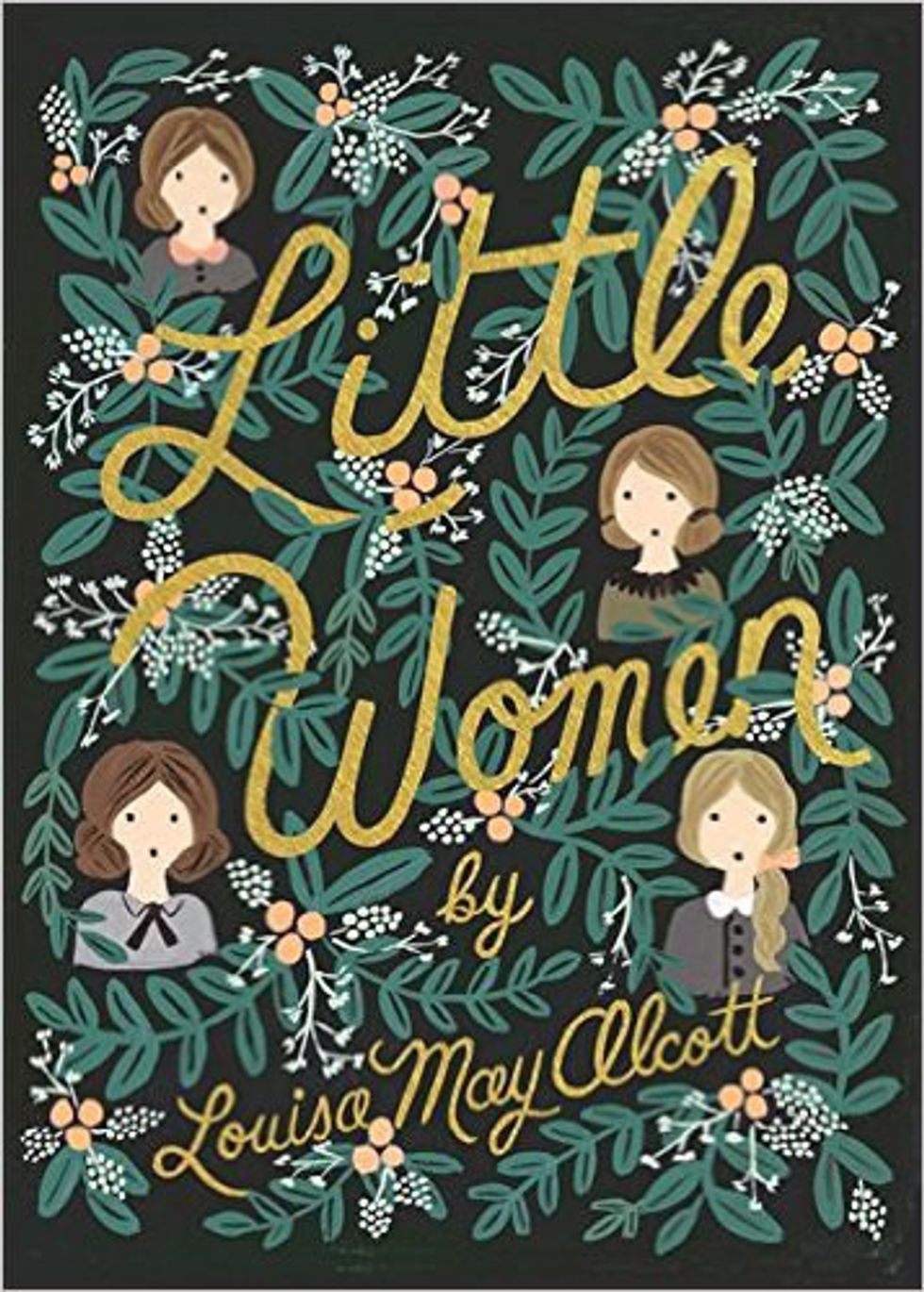
I will admit, when I had to read this book back in 7th grade for summer reading, I was not a big fan. It was a long novel and reading it seemed to take up too much of my precious summer break. At the time, I didn’t realize how important Alcott and her characters were for feminism and women’s rights. Now, thankfully, my initial opinion has changed. Louisa May Alcott was a feminist, and the characters she wrote demonstrate her beliefs.
Jo, the heroine of the story, is a parallel to Alcott herself. She is strong-willed and determined, and she struggles with society’s expectations for women to be quiet and submissive. This expectation, though not as obvious, is still present today. Women are often taught to be more subdued, lest they be labeled as “bossy” or “outspoken” for expressing opinions or being a leader. Alcott and her characters challenge this expectation and we could all benefit from reading Alcott’s timeless story.




